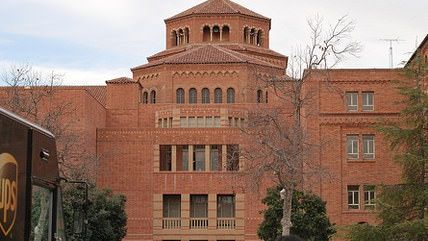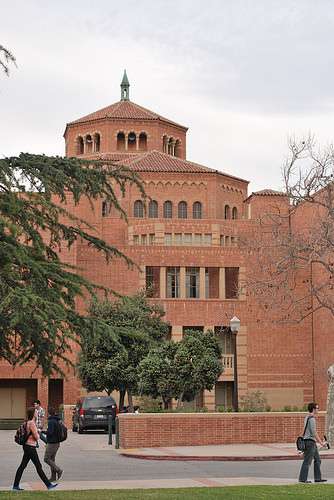University of California System Will Open Access to (Almost) All Scientific Research
Public will gain access to thousands of published research papers moving forward, though there is an opt-out process.


Activist Aaron Swartz's suicide drew attention not just to the aggressive and intimidating tactics of the Department of Justice's attorneys and the flaws with America's anti-hacking laws, but also to the "open access" movement. This movement proposes that academic research (particularly academic research funded through tax dollars) be made publicly accessible and not locked behind paywalls or expensive journal subscriptions. I wrote about the movement last year. Swartz's arrest and prosecution was due to his efforts to download significant numbers of academic journal articles from MIT to release them publicly.
Last Friday the University of California announced their entire system – all 10 campuses – will be opening up access moving forward:
The Academic Senate of the University of California has passed an Open Access Policy, ensuring that future research articles authored by faculty at all 10 campuses of UC will be made available to the public at no charge. "The Academic Council's adoption of this policy on July 24, 2013, came after a six-year process culminating in two years of formal review and revision," said Robert Powell, chair of the Academic Council. "Council's intent is to make these articles widely — and freely — available in order to advance research everywhere." Articles will be available to the public without charge via eScholarship (UC's open access repository) in tandem with their publication in scholarly journals. Open access benefits researchers, educational institutions, businesses, research funders and the public by accelerating the pace of research, discovery and innovation and contributing to the mission of advancing knowledge and encouraging new ideas and services.
The policy affects more than 8,000 faculty and their contributions to somewhere around 40,000 academic publications, according to the release. The FAQ for the policy explains that researchers will grant the University of California a license to publish their works freely. This is not a transfer of copyright, though. Furthermore, individual faculty members will have the ability to opt out of the system or set up an embargo requiring time to pass before their research becomes publicly available. This matters because the current system gives many journal publishers copyright control over the research. The publishers manage the process and arrange for peer review and, in exchange, profit off the subscriptions or selling access to the research. The embargo method is what the National Institute of Health requires for all research they help fund; the studies must become publicly available after one year. The Obama Administration announced in February it would like to expand this rule to any federal agency that spends more than $100 million a year in research in development. The embargo guidelines gives publishers time to recoup their costs and make a profit off the major institutions that demand immediate access, then open it up to everybody else.
UC's open access system will launch on Nov. 1.


Show Comments (21)